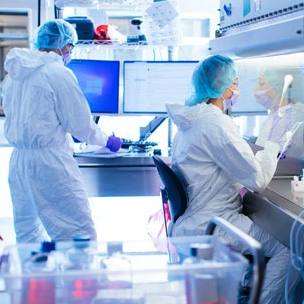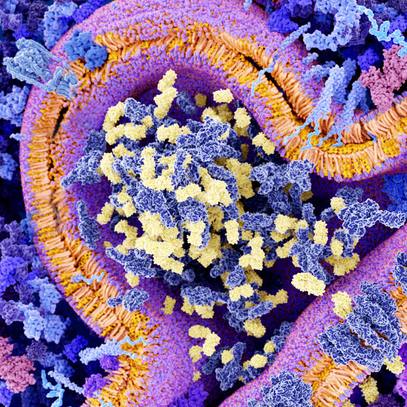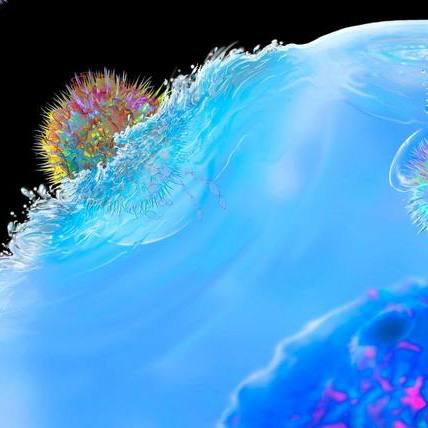-
Biotherapeutics
Stem Cells Show Therapeutic Hope for Chronic Lung Rejection
Stem cells show potential to safely slow progression of organ rejection in some lung transplant recipients, according to early Mayo Clinic research. This discovery offers hope of one day providing a cellular therapeutic to extend the lives of patients who would not qualify for a second lung transplant after organ rejection.
The research team of Abba Zubair, M.D., Ph.D., studied the use of bone marrow- derived mesenchymal stem cells in people with moderate to severe lung rejection. Researchers not only discovered the patients tolerated the treatments well, but they also showed stabilization of lung function. Mesenchymal stem cells are adult stem cells with growth factors that show potential for healing tissue.
This research is published in Stem Cells Translational Medicine.
"Our study shows cell therapy is safe and has the potential to be a treatment option for select lung transplant recipients with moderate to severe rejection," says Dr. Zubair, a Mayo Clinic laboratory medicine and pathology specialist and senior author on the study.
Transplantation holds the potential of providing a longer and better quality of life for people with end-stage lung disease who have exhausted all surgical and medication options. Despite using immunosuppressive drugs, up to half of lung transplant survivors will experience a decline in lung function leading to organ rejection — a condition known as chronic lung allograft dysfunction.
The research
In a phase 1 clinical trial, the research team infused low doses of bone marrow-derived mesenchymal stem cells from a healthy donor in 13 lung transplant recipients with moderate to severe chronic lung allograft dysfunction. The goal of the study was to establish safety and feasibility of cellular therapy to ease organ rejection.
Investigators recorded pulmonary function tests before and after the stem cell infusions and followed the patients for one year. The team found no adverse side effects during the first 30 days after infusion. Further, they documented a slowdown of lung function decline in the year following the stem cell procedure.
"Mesenchymal stem cells are multipotent cells with the capacity to induce tissue repair and regulate immune responses," says Nisha Durand, Ph.D., another author on the study.
Larger, randomized prospective studies are needed to establish effectiveness of mesenchymal stem cells therapy for transplant survivors with chronic lung allograft dysfunction.
The research was supported by Mayo Clinic’s Center for Regenerative Biotherapeutics.
—Susan Buckles









